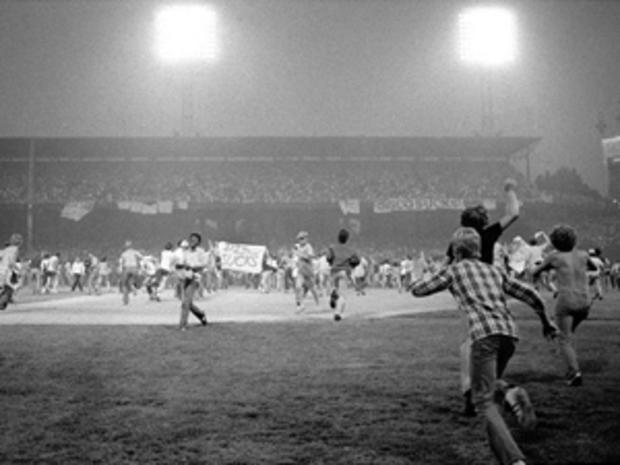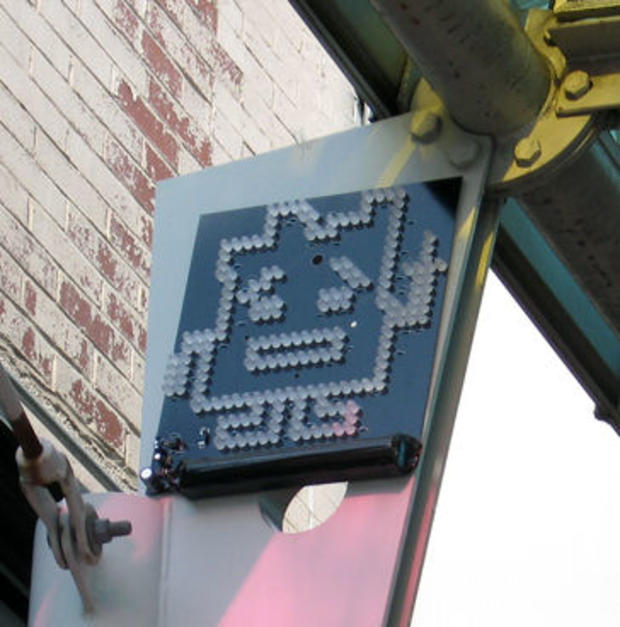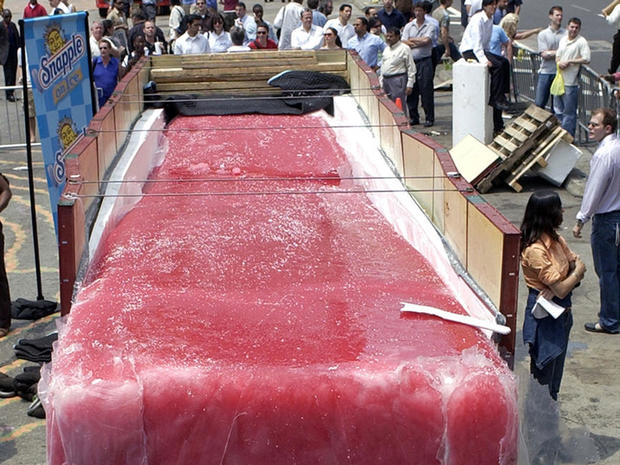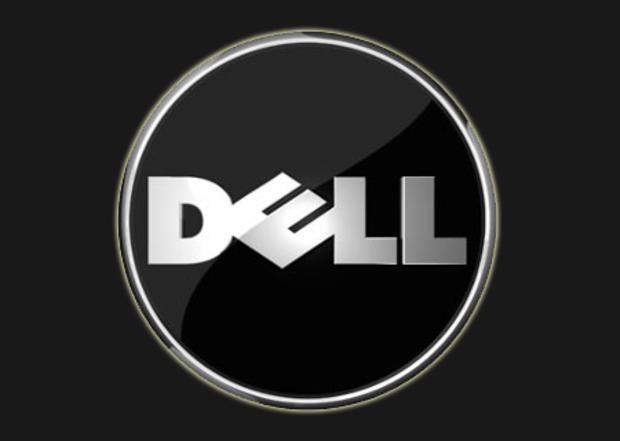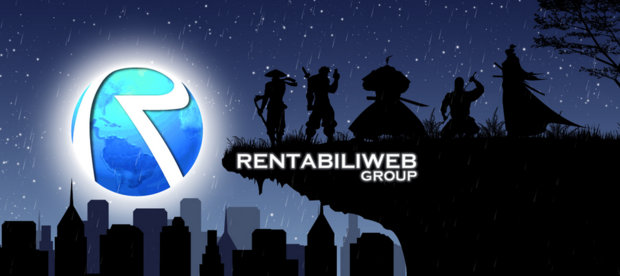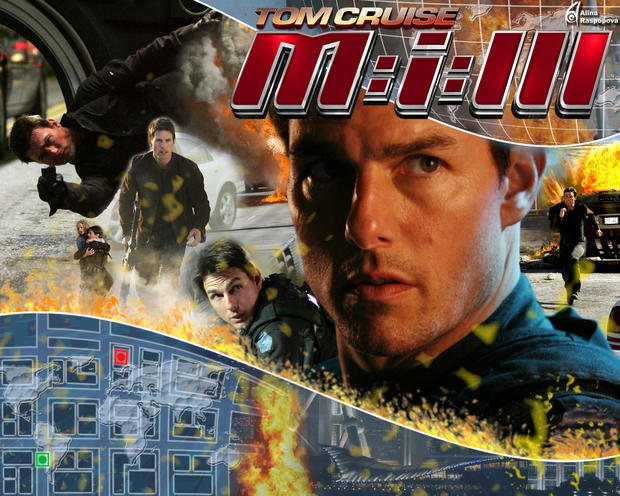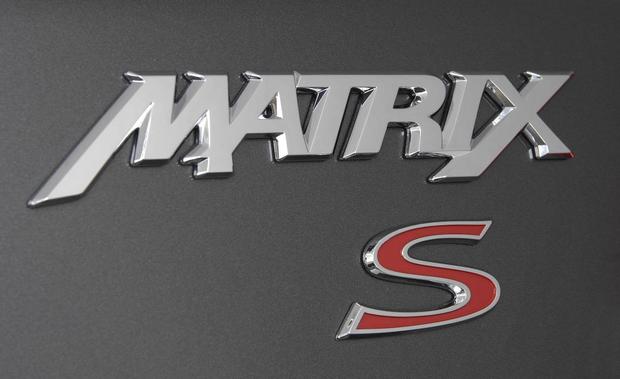The biggest corporate marketing blunders
(Moneywatch) Sunday's epic skydive by Felix Baumgartner didn't just set a record for speed and distance -- it also set a new mark for the number of viewers of an online event. At least by that measure, Red Bull pulled off perhaps the most successful single marketing event of all time.
Eight million people watch YouTube's live stream of the jump. That's 7.5 million more than the previous record for an Internet broadcast during this summer's London Olympic Games. The event also dominated Twitter, and on Facebook it got 216,000 "likes" and drew more than 10,000 comments.
But it wasn't just the large viewership that made this a win for energy-drink maker Red Bull, said Paula Phelan, CEO of public relations firm Nadel Phelan. "Red Bull got visibility with a huge number of people who aren't inclined to drink that stuff."
Despite the promotional nature of Baumgartner's stunt, the leap wasn't perceived as "stunt marketing," meaning the kind of event staged only to generate attention for a given product.
"That's because it was real and seen as having true value," Phelan said.
That likely reflects the very real risks Baumgartner faced and because the jump also had some scientific value. Over the years of preparing for the history-making plunge, Red Bull has gathered and published huge amounts of data intended to help pilots, astronauts and perhaps even future space tourists survive if they have to bail out at extreme altitude.
And in general, marketing that goes beyond the standard sales push -- in this case, corporate sponsorship of what became a major sporting and cultural event -- tends to generate more positive public reaction than typical promotions. Consumers want to feel a connection to something greater than commerce, even when it doesn't involve falling from outer space.
That is one lesson Pizza Hut learned this week. The company had promised pizza for life to anyone who asked President Barack Obama or Republican candidate Mitt Romney during Tuesday's live Town Hall-style debate what kind of pizza they preferred. But the restaurant chain pulled the plug on the campaign after drawing a barrage of criticism for trying to capitalize on the election and detracting from an important political event.
Such tactical blunders hold important lessons for companies. Here's a look at other recent marketing failures:
The biggest corporate marketing blunders
Disco demolition
Seeking to stoke fan support for Major League Baseball's Chicago White Sox, the team and radio station WLUP held an event to blow up a huge crate of disco records between games at a July 12, 1979, doubleheader against the Cleveland Indians. Anyone bringing a record to be destroyed would be let in for 98 cents. The stunt certainly boosted attendance. Some 90,000 people showed up at the 52,000-seat stadium -- the club's management had expected roughly 12,000. Unfortunately, after the records were blown up people stormed the field and a riot ensued.
The biggest corporate marketing blunders
Fake gunman threatens bar patrons to sell video game
In an effort to sell copies of the video game "Splinter Cell Evolution," a New Zealand marketing company sent an actor with a fake gun to impress patrons at a bar in Auckland. On April 16, 2010, people sitting outside the Degree bar dived behind tables as the actor dressed as a character from the game threatened them with a plastic gun. The bar's manager later said, "This guy with bandages on his hands pointed a gun at customers sitting outside. They were pretty terrified." The police, who wound up drawing real guns in responding to the situation, weren't amused, either.
The biggest corporate marketing blunders
Aqua Teen Hunger farce
Here's an idea -- let's place strange electronic devices on bridges and buildings around the U.S. and not tell people about them. That's what Cartoon Network did in February 2007 to promote a movie for its animated "Aqua Teen Hunger Force" TV series. The devices were designed to light up at night in the shape of the show's characters, but in the daylight they simply looked like gray metallic boxes with wires sticking out. Bostonians began calling police to report suspicious-looking devices. Responding to a possible terrorism scare, law enforcement officials sent in bomb squads and shut down Boston-area bridges. When the dust settled, Cartoon Network's boss lost his job, and parent company Turner Broadcasting had to pay $2 million in compensation for Boston's emergency response.
The biggest corporate marketing blunders
The world's biggest popsicle meltdown threatens New York
One thing to always remember: Popsicles melt. Even 25-foot tall, 17.5 ton popsicles made of frozen Snapple. The beverage company found this out the hard way in June 2005 when it tried to put up the world's-largest popsicle in New York's Times Square. It was 80 degrees in Manhattan that day, and the giant treat started to melt even before it was set in place. Those 17.5 tons of kiwi-strawberry-flavored Snapple wound up flooding parts of downtown Manhattan, and firefighters had to be called in to close off streets and hose down the mess.
The biggest corporate marketing blunders
Dell bombs in Texas
There's something about threatening public safety that really attracts marketers. On Feb. 14, 2011, the Round Rock, Texas, SWAT team responded to multiple 911 calls of a suspect inside a building on Dell's Round Rock campus headquarters. The calls were the result of a person dressed as a masked, black-clad biker walking around a building, carrying two metallic objects and telling people to "go to the lobby." It was apparently part of an internal promotional event to celebrate the release of the new Dell Streak tablet. Police ended up arresting two people in connection with the disturbance.
The biggest corporate marketing blunders
Consumers riot when company doesn't give free money
In October 2009, French Internet company Rentabiliweb announced that it was going to throw envelopes of cash to passers-by near the Eiffel Tower in Paris. The company was surprised when more than 7,000 people showed up in hopes of getting a crack at the $64,000 that was to be given away. Fearing a riot, police asked the company to cancel the giveaway. That didn't avert the riot. The angry crowd hurled objects and tipped over a vehicle in the ensuing melee. The company later donated the money to charity.
The biggest corporate marketing blunders
This stunt will self-destruct in 10 seconds
In 2006, Paramount Pictures launched a campaign to promote "Mission Impossible III" by putting small, red musical devices inside 4,500 L.A. Times newspaper boxes. When opened, the devices played the "Mission Impossible" theme song. That might've been fun, if newspaper buyers hadn't became alarmed that the boxes could contain a bomb. In one instance, the Santa Clarita, Calif., bomb squad was called in.
The biggest corporate marketing blunders
Toyota cyberstalks customers
In 2009, Toyota ran an online ad campaign for its Matrix car in which people who "opted-in" got emails from a fictitious man named "Sebastian Bowler." As part of the marketing scheme, the character was supposed to be on the run from the law and tell the email recipient that he was coming over to hide from the police. As if that wasn't enough, participants were entered into the event by people who wanted to set up friends to be "punked." At least one Los Angeles resident, one Amber Duick, later filed suit against the company for emotional distress allegedly caused by the fake stalking.
And no wonder. To heighten the realism, Duick even received a bill for damage the fictitious man supposedly had caused at a hotel. "Amber, ran into a little problem at the hotel," a note with the invoice stated. "After I'm done visiting you, I'm going to go back and sort out that front-desk Muppet." Toyota's defense? People had opted-in to participate in the marketing stunt. Said opt-in was buried in an emailed "personality test" that contained a link to a web page ostensibly explaining what was going to happen. Duick's lawyer characterized the explanatory note as "indecipherable."
